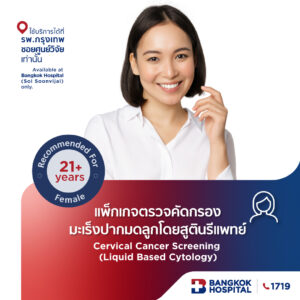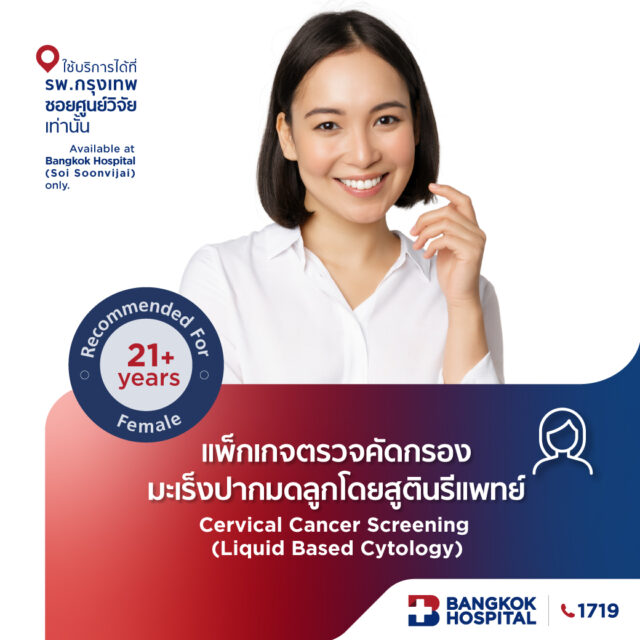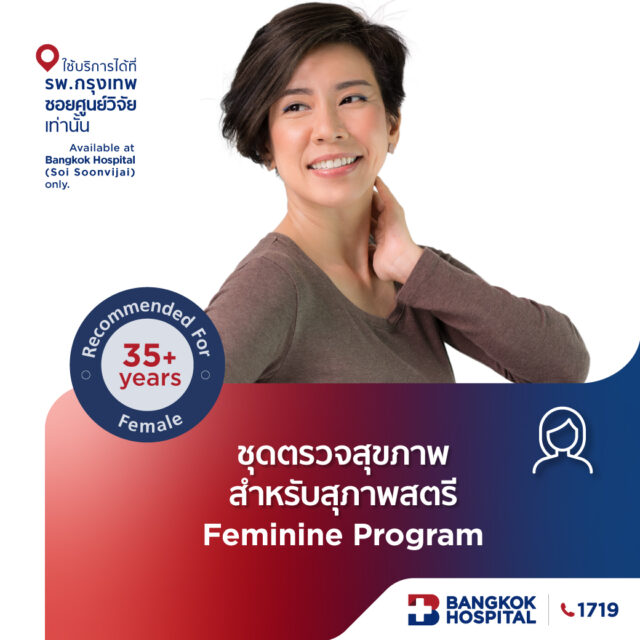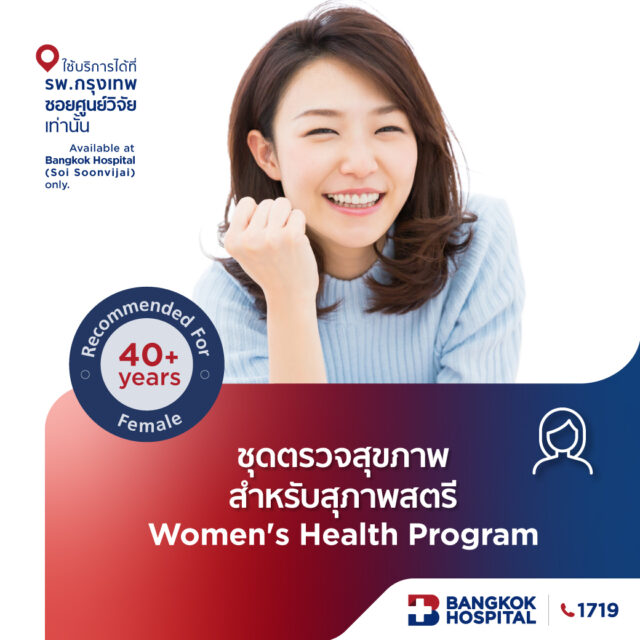Mom and dad waiting to welcome a new member to their family are often worried about the health of their expected baby, especially about Down Syndrome that is an incurable genetic disorder. So, they need to be aware of the condition and take care of their pregnancy properly according to the doctor’s advice, to reduce risk of Down Syndrome in their child.
What is Down Syndrome?
Down Syndrome is a condition in which a person has an extra chromosome. A normal male has 46 XY chromosomes while a woman has 46 XX chromosomes. A baby who has an extra copy of chromosome 21 will possess the challenging traits of Down Syndrome – a condition of slow developmental and intellectual disabilities which may include a heart condition also in some cases.
Expecting Moms at Risk of Down Syndrome
All pregnant women are at risk of carrying Down Syndrome babies. However, expecting moms with the highest risk, at 1:350, are those over 35 years old; and the risk increases with the mother’s age. For those younger than 35, the risk is about 1:700. The risk does not vary with age alone, but correlates to whether or not the mother has a baby afflicted with Down Syndrome before or a family history of Down Syndrome siblings, or to abnormal cell division. These factors can all contribute to the condition.

Down Syndrome Screening during Pregnancy
There are 2 major options for Down Syndrome screening during pregnancy, as follows:
- Blood Test for Down Syndrome can be performed as early as 12 weeks of pregnancy. There are 2 methods of the test:
- PAPPA is the first trimester screening test, using blood test from the mother and ultrasound, to measure the fetus’ back of the neck. While the method is not harmful to the baby, its accuracy is only about 80%.
- NIPT is another blood test to determine the fetus’ chromosomes through the mother’s blood. It is usually performed during the 3rd month of pregnancy, and takes 1 week to get the result. The advantage of this method is that it is not harmful to the baby and the accuracy is about 99%.
- Amniocentesis is performed during the 4th month of pregnancy. The doctor inserts a thin needle through the mother’s abdomen to withdraw fluid from the sac surrounding the fetus. An expedited diagnosis, if needed, takes 1 week; but a complete result takes about 3 – 4 weeks. The advantage of this method is that it is 100% accuracy, but there is also the risk miscarriage and water break. So, most moms prefer the blood tests to amniocentesis.
How to Treat Down Syndrome
Today, there is no known cure for Down Syndrome, but there are detailed diagnoses to help families plan and prepare to take care of the afflicted babies effectively. Nevertheless, Down Syndrome screening still has to be under a doctor’s close supervision.
Down Syndrome screening is very important and something expecting mothers should not overlook. Therefore, you should follow prenatal care and visit your doctor as scheduled, to receive a timely screening. Again, the screening must be strictly under your doctor’s guidance.











